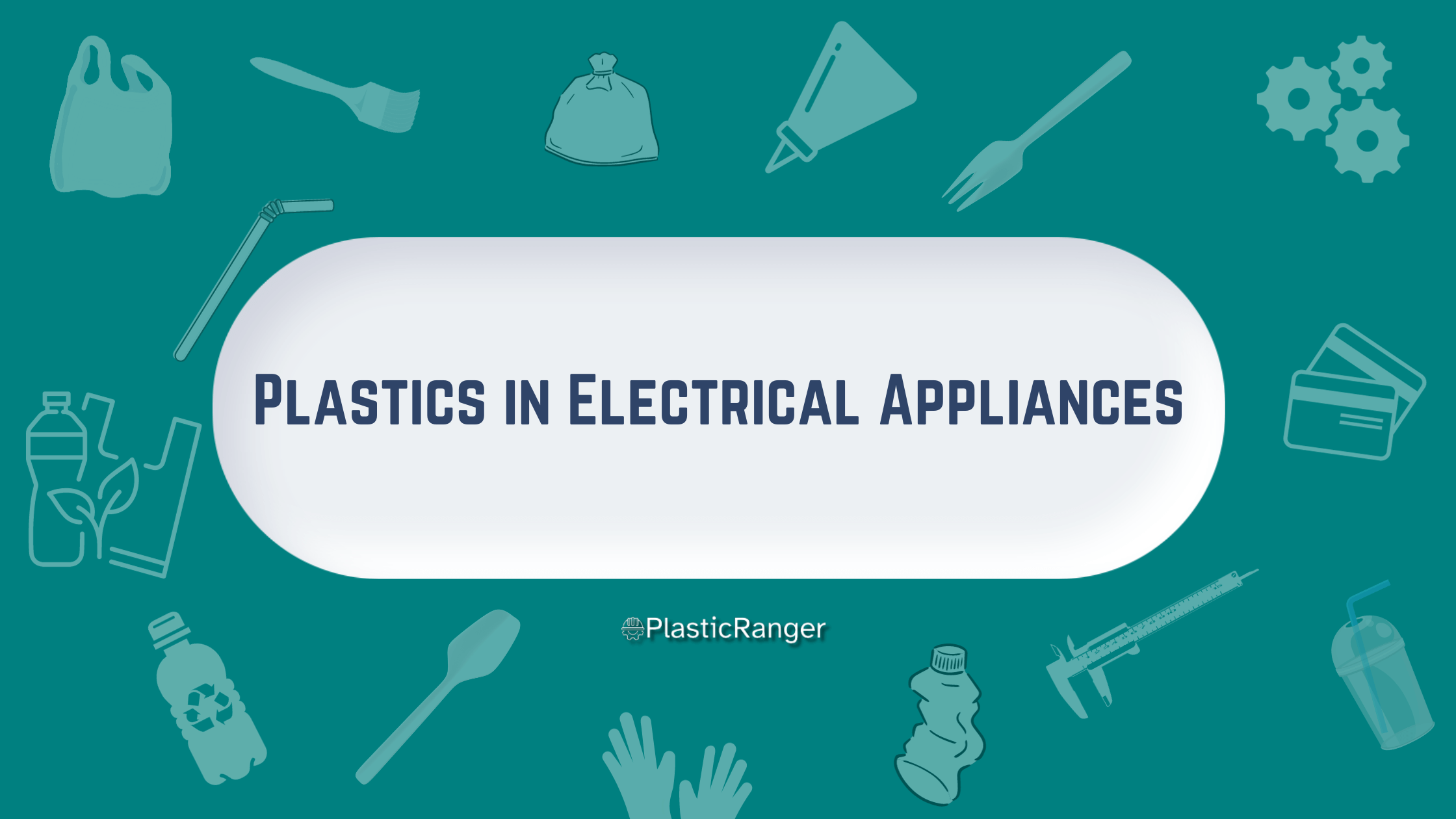Plastics in Electrical Appliances
In the realm of electrical appliances, the versatility and adaptability of plastics have solidified their place as a primary material of choice. From the smallest switches to large household appliances, plastics have revolutionized how we produce, design, and utilize electronic items.
This article explores the critical roles plastic materials play in electrical appliances, their inherent advantages, and their future trajectory.
Historical Overview
Historically, the electrical appliance industry leaned heavily on metals and ceramics. However, as consumer demands shifted towards more lightweight, cost-effective, and aesthetically pleasing products, plastics began to dominate. Their general properties, like high insulation, malleability, and design flexibility, made them the ideal fit.
Critical Roles of Plastics in Electrical Appliances
Insulation: One of the primary roles of plastics in electrical appliances is to act as insulators. Materials like Polyvinyl chloride (PVC) are extensively used in wiring and cables to prevent short circuits and protect users from electric shocks.
Structural Components: Appliance casings, from television sets to microwaves, often utilize plastics. Polystyrene (PS) and acrylonitrile butadiene styrene (ABS) are popular choices due to their durability and ease of molding.
Functional Parts: Rotary knobs, buttons, and internal components, such as fan blades, often employ plastics like polypropylene (PP) because of their strength and resilience.
Display and Aesthetics: Transparent plastics, such as polycarbonate (PC) and PMMA or acrylic, are employed in LED screens, touch panels, and indicator lights for their optical clarity and toughness.
Benefits of Using Plastics in Electrical Appliances
Safety: Plastics are natural insulators. By reducing the risk of electrical faults and protecting users from potential electric shocks, they enhance the safety quotient of appliances.
Durability: Unlike metals that might corrode over time, plastics are resistant to moisture and oxidation, ensuring a longer lifespan for appliances. Weight Reduction: The lightweight nature of plastics means that appliances are easier to transport, handle, and install. This is particularly beneficial for large household appliances.
Cost-Effectiveness: Plastics allow mass production through injection molding, significantly reducing manufacturing costs.
Design Versatility: Plastics can be molded into intricate designs, colored, and finished with various textures, allowing manufacturers to offer diverse aesthetic options and innovative designs.
Energy Efficiency: The insulative properties of plastics mean that appliances, especially those that heat or cool, can maintain their temperatures more efficiently, leading to energy savings.
Challenges and Considerations
While plastics offer numerous advantages, they also come with challenges. The environmental impact of plastics, especially non-biodegradable ones, is a growing concern. Moreover, in electronics, the heat resistance of certain plastics can be a limiting factor, necessitating careful selection.
The Future: Sustainable and Smart Plastics
Rapid advancements in material science pave the way for more sustainable, smart, and tailored plastics for specific applications. Bio-based plastics and recyclable polymers are emerging trends that aim to address environmental concerns.
Additionally, the integration of intelligent plastics – those embedded with sensors or responsive capabilities – is on the horizon. These plastics can transform electrical appliances’ user interface, making them more interactive and intuitive.
Conclusion
Plastics have undeniably altered the landscape of electrical appliances. Their myriad advantages – from safety to design flexibility – have positioned them as a cornerstone material in the industry. As we move forward, we must balance the benefits of plastics with environmental considerations, ensuring that the future electrical appliances are innovative and sustainable.
With focused research and a commitment to sustainability, plastics can continue to shape the future of electrical appliances to benefit both consumers and the planet.
Quick Navigation

